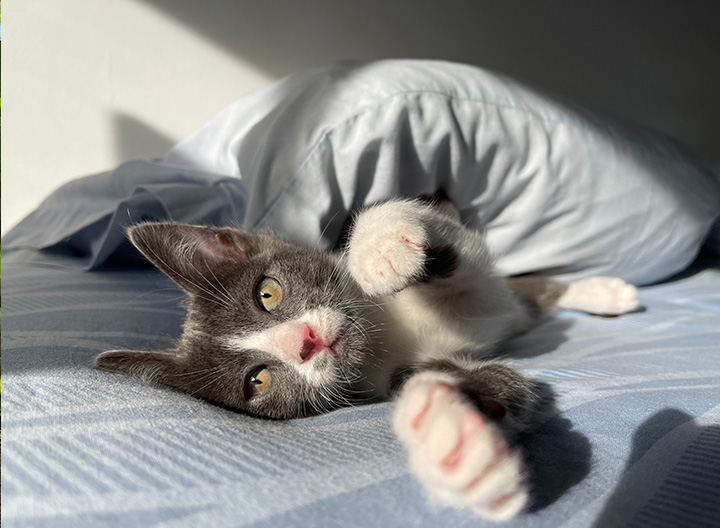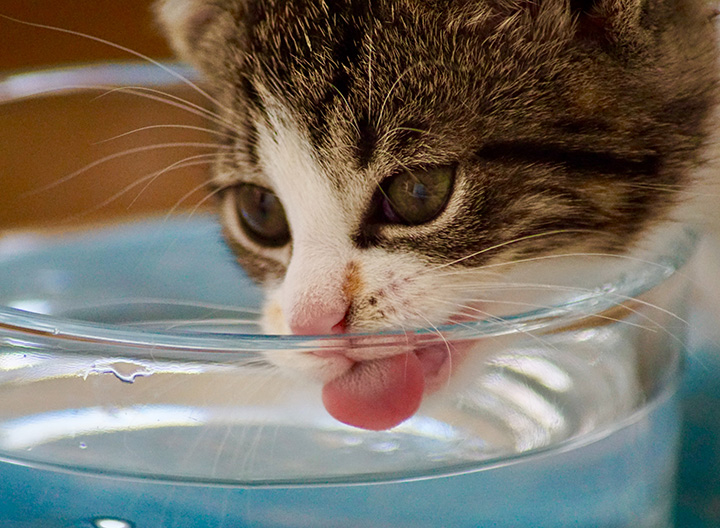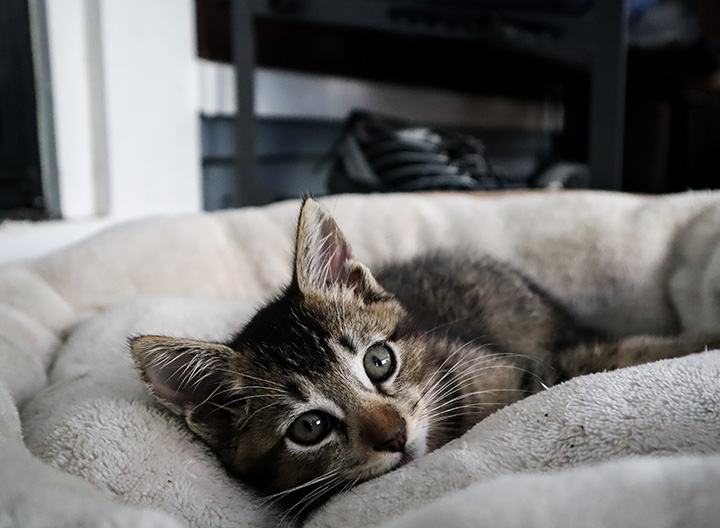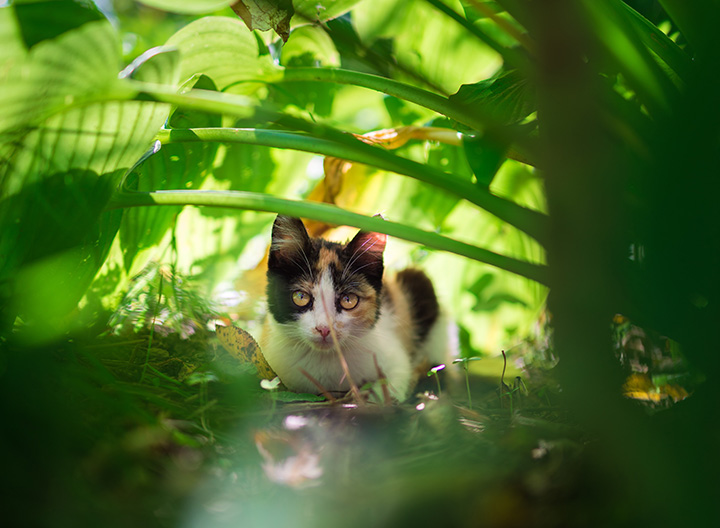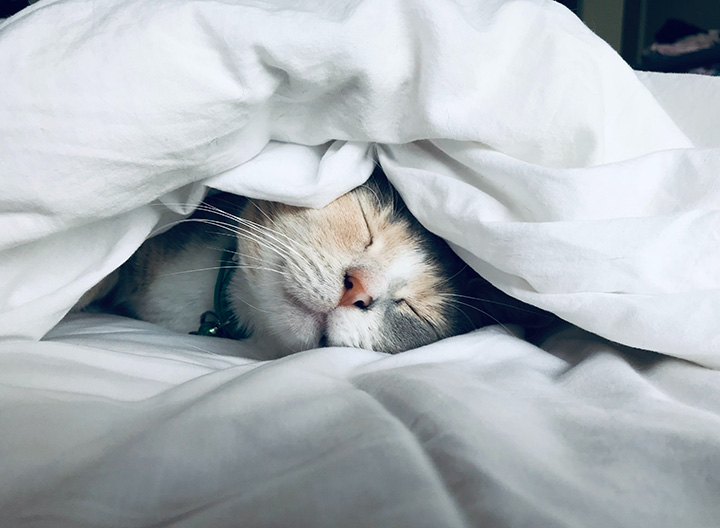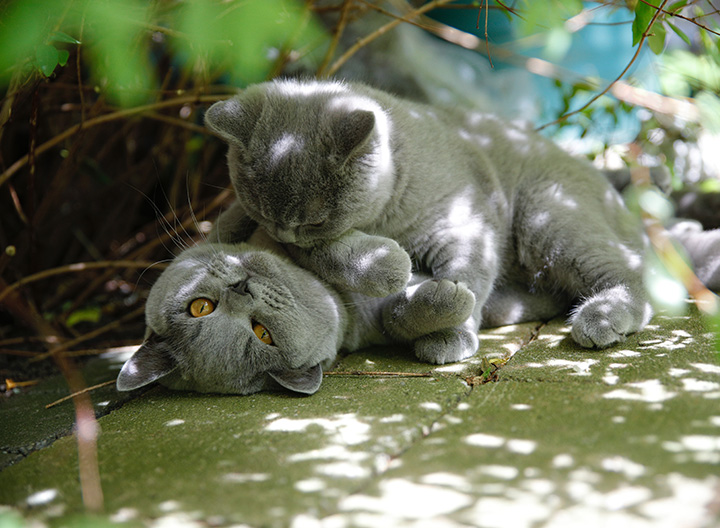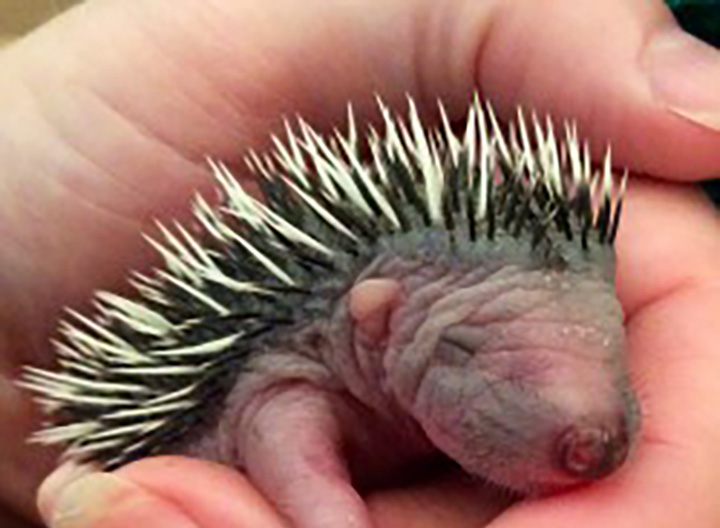Page not found
We're sorry the page you were looking for wasn't found or has moved, search our website:
Or take a look at our site map below:
- Home
- Our Practice
- Services
- Contact Us
- Pet Health Plan
- Pet Info
- Pet Insurance
- Birds
- Cats
- Dogs
- Exotic Pets
- Ferrets
- Fish
- Rabbits
- Small Pets
- Parasites
- Fireworks
- Pet Passports
- Heart Health
- Bone, Muscle & Joint Disease
- Urinary & Kidney Health
- Digestive Health
- Pet Nutrition
- Pet Behaviour
- Ticks
- Fleas
- Yellow Dog Project
- Hedgehogs
- How Advance Will Help Hedgehogs
- Building A Hedgehog House
- How You Can Help Hedgehogs
- Hedgehogs Throughout The Year

